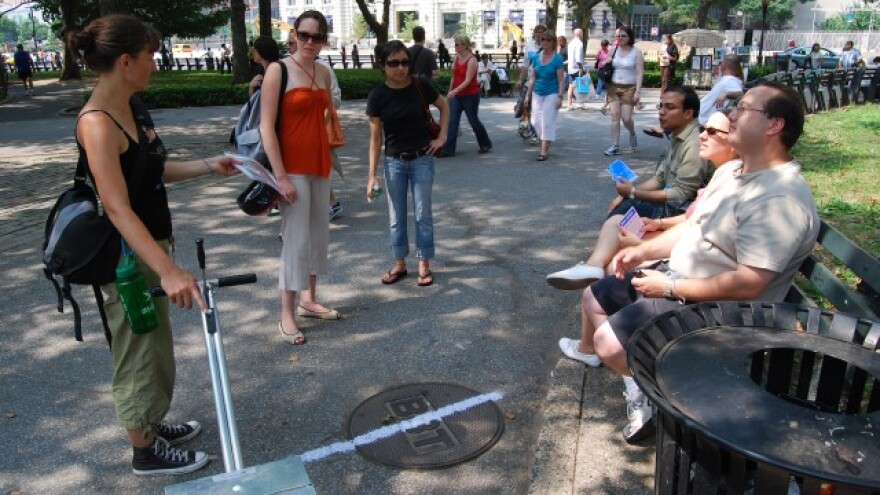A decade ago, sea-level rise from climate change was a political argument with very little external reality in the minds of most people.
But University of Miami professor Kenny Broad might have said then what he says right now.
"This isn't some future generation problem," Broad said. "It’s in our lap right now and we don’t have a lot of time to make some clear decisions."
Broad is an environmental anthropologist connected to UM's climate and marine sciences school. But he's also a co-director of Columbia University's Center for Research on Environmental Decisions. CRED, as it's called, studies the human mind to understand how people respond to perceive the risk associated with climate change and other environmental challenges.
Apparently, we’re not good at it. We don’t care about things that are far away in time and distance. Our attention spans are short. And we have a bias for small-scale responses that stop the worry and extinguish further concern, like buying low-wattage light bulbs while the North Pole melts.
But we may still be reachable.
A movie called "The Day After Tomorrow" was released in 2004. It imagined all the evil effects of climate change happening on one terrible afternoon. It was a story about people united in a large movement to address a situation. Narrative and unified action are powerful motivators, according to the principles of decision science.
Broad says a study found a post-Day After Tomorrow spike in concern about climate change. It lasted about six months.
On a hot, sunny morning in Miami Beach, Heidi Quante is doing the advance work for a performance art project that she thinks will keep sea level rise at the top of South Florida's collective mind and lead to constructive action. Like that end-of-the-world movie, it will provide a narrative and collective action. But it will rely also on another tenet of decision science, how people learn.
"When you look at what's most effective. It’s curiosity-driven self-learning. It’s through things that are odd and unique," she said.
Quante and her group led by New York artist Eve Mosher have assembled volunteers and gotten grants to draw chalk lines around the new boundaries between water and land given a sea level rise of three feet. There will be a chalking event in Miami Beach and another in Miami. It's called the High Water Line project.
" A lot of the public in Miami is not aware of sea level rise and how it will affect their beloved city. But the moment they become aware, the passion to learn more is fierce," Quante said.
People who watch the chalkers go by, drawing the new shoreline through front yards, playgrounds and business districts, will be the taxpayers and voters who must consent to the sea level action plans that local governments are developing. First, they'll have to determine whether the threat is real and imminent.
And that will call for some decisions.






